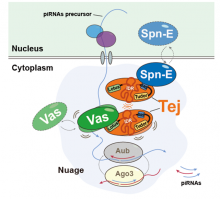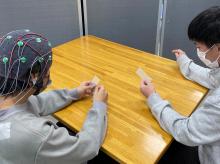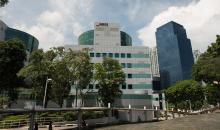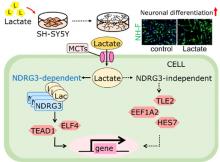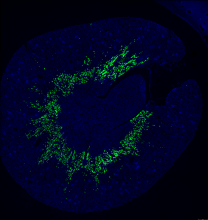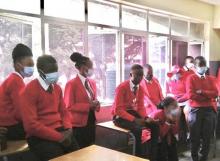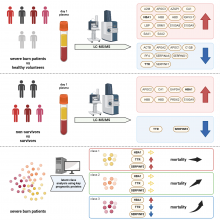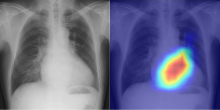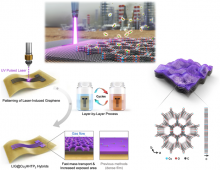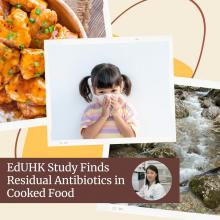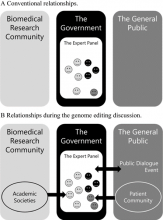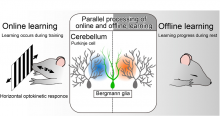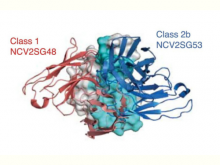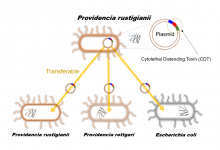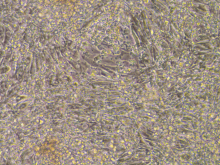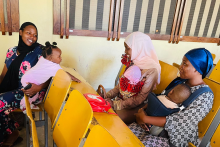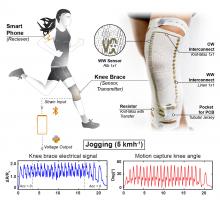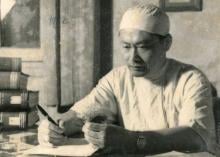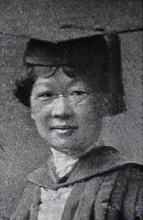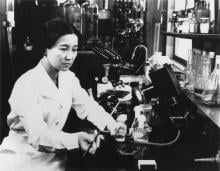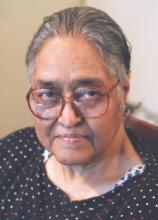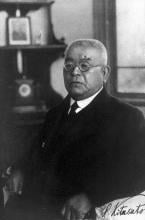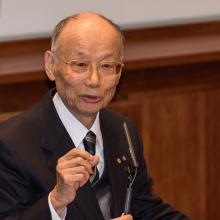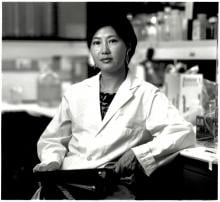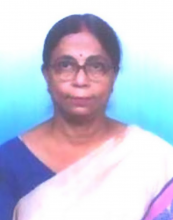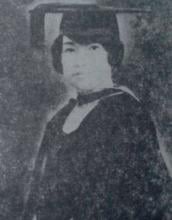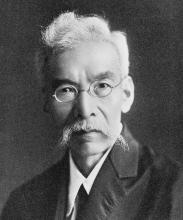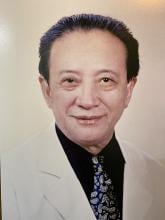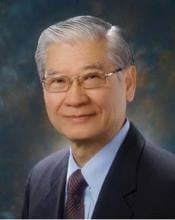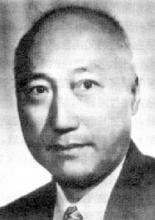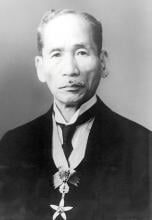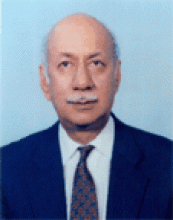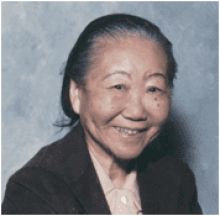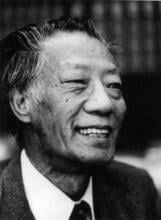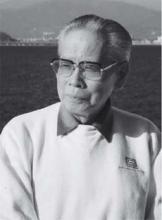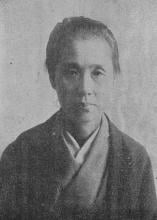Health
News
09 Aug 2023
Researchers from Osaka University clarified the interactions of the proteins Tejas (Tej), Vasa (Vas), and Spindle-E (Spn-E) in the formation of cellular compartments known as nuage and the processing of PIWI-interacting RNA (piRNA) precursors in Drosophila melanogaster ovaries. piRNAs help prevent the transmission of genetic mutations through reproductive cells, and insight into the dynamics of piRNA formation and processing may contribute to our understanding of the mechanisms underlying reproductive disorders, including infertility.
09 Aug 2023
- Collaborative study by Choi, Head of the DGIST Core Protein Resource Center, and Prof. Park from Kyungpook National University uncovers the alarming impact of secondary microplastics on human health!
- Environmental model exposes harmful effects of naturally altered secondary microplastic production
04 Aug 2023
Asia Research News monitors the latest research news in Asia. Some highlights that caught our attention this week are how the tobacco plant could be used to help treat cancer, how lifting weights is good for your skin, and a glue that can be switched on and off.
04 Aug 2023
A research team from the Graduate School of Rehabilitation Science at Osaka Metropolitan University investigated the electrophysiological benefits of working in the presence of others from the perspectives of brain and autonomic nervous system activity. The researchers found that parasympathetic activity—which indicates relaxation—was significantly higher when two individuals were working separately than when one individual was working alone. This suggests that arranging the former condition in occupational therapy for individuals with high levels of tension or anxiety in clinical settings may potentially help alleviate these feelings.
03 Aug 2023
The researchers from Osaka University showed how bone erosion caused by cholesteatoma occurs. This study showed that a subset of cells called osteoclastogenic fibroblasts expresses a protein, activin A, which causes the breakdown of the bones. Because of this discovery, novel medical treatments can be developed as first-line management for cholesteatomas.
31 Jul 2023
Comprehensive study to understand the health, social, and psychological wellbeing of older individuals aims to provide insights for effective policies and programs that support Singapore’s ageing population.
28 Jul 2023
Asia Research News monitors the latest research news in Asia. Some highlights that caught our attention this week are a powerful telescope that can catch rogue planets, a new dinosaur species found in Thailand, and 600-million-year-old water droplets.
27 Jul 2023
What does healthy aging look like? For answers, Hiroshima University environmental health expert Dr. Saori Kashima taps into a new science dedicated to Earth’s longevity.
26 Jul 2023
The consortium’s multidisciplinary executive committee comprises of both local and international oral health researchers.
24 Jul 2023
Lactate is a byproduct of exercise and metabolism, fueling our brain when oxygen is limited. More recently, scientists have become aware of the many roles it plays in developing our nervous system. Now, researchers from Tohoku University have unearthed the cellular mechanisms by which lactate helps our brains develop.
24 Jul 2023
A protein that transports lipid into cells reveals clues to treating a major health problem affecting kidneys.
19 Jul 2023
A joint research group at Osaka Metropolitan University conducted a survey on prevalence of obesity and factors associated with low obesity among 423 adolescents between the ages of 14 and 19 living in Harare, Zimbabwe. The results revealed that 15.8% were obese or overweight. The study also revealed that 27.1% of the participants had low obesity awareness, which was significantly related to parents/guardians' lack of formal education and insufficient knowledge about eating habits.
18 Jul 2023
RNases have been proposed as a treatment against systemic autoimmune diseases. Researchers from Osaka University showed that RNases have a dual action. In some cases, RNases are detrimental and stimulate the immune response by promoting the binding of antibodies to their targets. These findings will improve the understanding and treatment of systemic autoimmune disorders.
14 Jul 2023
Asia Research News monitors the latest research news in Asia. Some highlights that caught our attention this week are sea sludge that documents human impact on the Earth, a cloak that could passively control temperatures, and an algorithm that can be used to help preserve a Philippine writing system.
11 Jul 2023
The physiological mechanisms underlying severe burns are not well understood. Researchers at Osaka University used mass spectrometry to identify key blood proteins associated with burn mortality. Ultimately, three proteins (HBA1, TTR, SERPINF2) were very highly correlated with morality rates. Further research into these proteins and their pathways may lead to better drugs to treat people with life-threatening burns.
07 Jul 2023
Asia Research News monitors the latest research news in Asia. Some highlights that caught our attention this week are a way to avoid biopsies by catching free-floating DNA, a large dip in the Earth’s surface under the Indian Ocean, and how people who brush their teeth before bed seem to have healthier hearts.
06 Jul 2023
Osaka Metropolitan University scientists have successfully developed a model that utilizes AI to accurately classify cardiac functions and valvular heart diseases from chest radiographs. The Area Under the Curve, or AUC, of the AI classification showed a high level of accuracy, exceeding 0.85 for almost all indicators and reaching 0.92 for detecting left ventricular ejection fraction—an important measure for monitoring cardiac function.
04 Jul 2023
- A research team led by Professor Hyuk-jun Kwon, a DGIST Professor, successfully developed a graphene-metal organic framework hybrid structure with hierarchical porosity
- A technology capable of detecting extremely low concentrations of nitrogen dioxide at the level of one billionth in real-time... Expected to be applied to next-generation healthcare devices
04 Jul 2023
The use of veterinary antibiotics is not uncommon in the fields of animal husbandry and fisheries to speed up growth and prevent disease. However, residual antibiotics may damage human gut microbiota, promote antibiotic resistance, and even delay the growth and development of brain cells, posing hazards to human health.
30 Jun 2023
Asia Research News monitors the latest research news in Asia. Some highlights that caught our attention this week are whether octopuses have dreams, an app that can tell you if your cat is in pain, and interchangeable arms for cyborg dancing.
28 Jun 2023
Researchers from Osaka University analyzed discussions on research governance of human genome editing in the Expert Panel on Bioethics in Japan and identified the positive roles played by related research communities, the government, and the general public in the policy-making process. It is expected to provide more effective and practical guidance for countries and organizations seeking to work with diverse stakeholders in the governance of emerging medical technologies.
27 Jun 2023
Have you ever studied hard for a test the night before, only to fail miserably the next day? Alternatively, you may have felt unconfident after studying the night before when, to your astonishment, you recall effortless the content on test day. This discrepancy may be down to the separate and independent way in which our brain processes short- and long-term memory, Tohoku University researchers have revealed.
26 Jun 2023
What scientists learned about the rare antibodies targeting SARS-CoV-2’s Achilles’ heel could help fine-tune our COVID-19 vaccine strategy for longer-lasting immunity.
19 Jun 2023
A key protein for sperm maturation identified, Understanding gel formation, Urine test predicts organ diseases, A laser drills holes in a graphene film. Plus in our blog - The frogs of Borneo: more than just a race. Read all in the latest Editor's Choice.
16 Jun 2023
Asia Research News monitors the latest research news in Asia. Some highlights that caught our attention this week are a potential answer to the question of which came first the chicken or the egg, vaginal seeding to boost baby microbiomes, and looking at remnants of the universe that used to be filled with gas.
15 Jun 2023
A joint research group led by Osaka Metropolitan University has clarified how pathogenic genes in some Providencia spp., which have gained attention as causative agents of food poisoning as well as enterohemorrhagic Escherichia coli. O157 and Salmonella, are transferred within bacterial cells. Their findings are expected to provide new insights into the identification of infection routes of Providencia spp. and the establishment of preventive methods for food poisoning.
08 Jun 2023
A stem cell therapy treatment developed by Duke-NUS Medical School researchers for heart failure has shown promising results in preclinical trials. These cells, when transplanted into an injured heart, are able to repair damaged tissue and improve heart function.
05 Jun 2023
App leads to better birth preparation for pregnant women
02 Jun 2023
Asia Research News monitors the latest research news in Asia. Some highlights that caught our attention this week are a species of eel that is slowly losing its eyes, a new space mission to give astronauts aboard the Tiangong space station a break, and how having more muscular legs can help avoid heart failure.
01 Jun 2023
SUTD researchers developed a fully knitted, circuit-embedded knee wearable for wireless sensing of joint motion in real-time. Compared to other knitted electronics, this model has fewer externally integrated components and a more sensitive sensor, making it less error-prone.
Events
Sorry, no events coming up for this topic.
Researchers
Sorry, no researchers coming up for this topic.
- « first
- ‹ previous
- 1
- 2
- 3
- 4
Giants in history
Vietnamese surgeon Tôn Thất Tùng (10 May 1912 – 7 May 1982) developed a pioneering technique that reduced the risks and mortality rate of liver operations.
Chinese biochemist Chi Che Wang (1894 - 1979), one of the first Chinese women to study abroad, advanced to prominent research positions at American institutions including the University of Chicago and the Northwestern University Medical School.
Ruby Sakae Hirose (1904 – 1960) was a Japanese-American scientist whose research contributed significantly to our understanding of blood clotting, allergies and cancer.
Flora Zaibun Majid ( 1939–2018) was an accomplished Bangladeshi researcher in botany and nutrition science and the first female chairperson of the Bangladesh Council of Scientific and Industrial Research.
Iranian physician and bacteriologist Azar Andami (8 December 1926 – 19 August 1984) developed a cholera vaccine to combat an outbreak that swept through the Middle East, India, Southeast Asia, and Africa in 1937.
Irene Ayako Uchida’s (8 April 1917 – 30 July 2013) strides to understand genetic diseases such as Down syndrome paved the way for early screening of chromosomal abnormalities in foetuses.
Baron Kitasato Shibasaburo (29 January 1856 – 13 June 1931) was a Japanese physician and bacteriologist whose work led to a new understanding of preventing and treating tetanus, diphtheria and anthrax.
Maggie Lim (5 January 1913 – November 1995) was a Singaporean physician who promoted family planning and expanded the access to clinics to improve the quality of life for mothers and children in Singapore’s early days.
By isolating soil microorganisms and studying the compounds they produce, Satoshi Omura (born 1935) discovered almost 500 organic compounds with unique properties that were produced by these microorganisms, including many new antibiotics.
The founder of the Adyar Cancer Institute in India, Muthulakshmi Reddy (30 July 1886 – 22 July 1968), fought to uplift women and girls from impoverished situations.
Chinese-American virologist and molecular biologist Flossie Wong-Staal (27 August 1946 – 8 July 2020) was the first scientist to clone HIV and determine the function of its genes.
Maharani Chakravorty (1937 – 2015) was one of India’s earliest molecular biologists whose research paved the way for advances in the treatment of bacterial and viral infections.
Archana Sharma (16 February 1932 - 14 January 2008) conducted research into plant and human genetics that expanded the understanding of both botany and human health. In relation to botany, she uncovered the means by which asexually-reproducing plants evolve into new species.
The first Thai woman to receive a degree in medicine, Margaret Lin Xavier (29 May 1898 – 6 December 1932), is best remembered for her compassion towards her less privileged patients.
In 1915, pathologist Katsusaburo Yamagiwa and his research assistant Koichi Ichikawa became the first to prove that chronic exposure to chemicals can cause cancer.
Filipino chemist and pharmacist Manuel A. Zamora (29 March 1870 – 9 July 1929) is best remembered for his discovery of the tiki-tiki formula to combat beriberi, a disease caused by Vitamin B1 deficiency.
After witnessing death and suffering as a youth in his home village during World War II, Nguyễn Tài Thu (6 April 1931 – 14 February 2021) set his sights on alleviating pain by becoming a doctor. After studying Traditional Chinese Medicine in China in the 1950s, Thu returned to Vietnam to serve in military hospitals. Eventually, he became the country’s foremost practitioner of acupuncture, a technique he first learned by inserting needles into himself.
David T. Wong (born 1936) is a Hong Kong-born American neuroscientist who is best known for discovering the antidepressant drug fluoxetine, better known as Prozac.
Indian organic chemist Asima Chatterjee (1917 to 2006) studied the medicinal properties of plant products, especially compounds known as vinca alkaloids.
Hsien Wu (24 November 1893 – 8 August 1959) is widely regarded as the founder of biochemistry and nutrition science in China. He was the first to propose that protein denaturation was caused by the unfolding of the protein, instead of chemical alteration.
Umetaro Suzuki (7 April 1874 – 20 September 1943) was a Japanese scientist best remembered for his research on beriberi, a disease caused by vitamin B1 deficiency, characterized by limb stiffness, paralysis and pain.
Syed Qasim Mehdi (13 February 1941 – 28 September 2016) was a Pakistani molecular biologist who was a founding member of the Human Genome Diversity Project (HGDP), which assessed human diversity by studying human migration, mutation rates, relationships between different populations, genes involved in height and selective pressure.
Tsai-Fan Yu (1911 – 2 March 2007) was a Chinese-American physician and researcher who was the first female full professor at Mount Sinai School of Medicine. She discovered that gout, a condition characterized by the painful inflammation of joints, was caused by elevated levels of uric acid in the bloodstream.
Min Chueh Chang (10 October 1908 – 5 June 1991) was a Chinese-American biologist who studied fertilization in mammalian reproduction.
A Japanese surgeon, Tetsuzo Akutsu (20 August 1922 – 9 August 2007) built the first artificial heart capable of keeping an animal alive.
Ogino Ginko (3 March 1851 – 23 June 1913) was the first registered female doctor to practise modern medicine in Japan.


